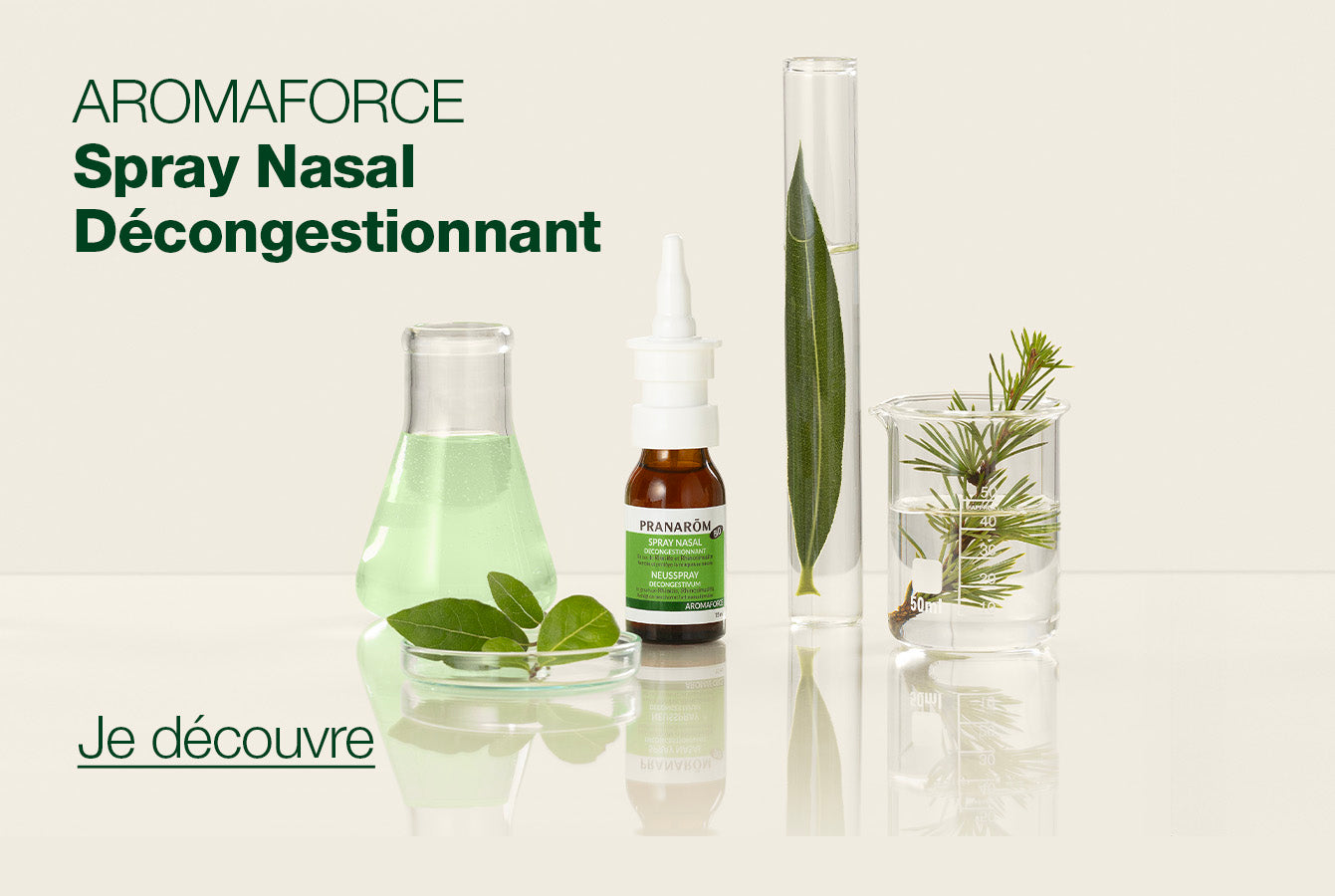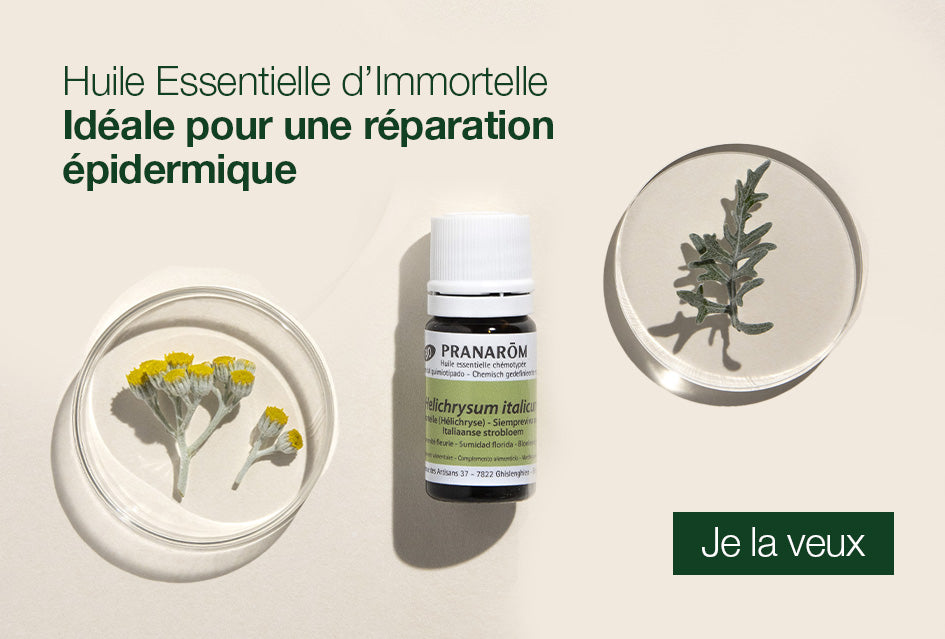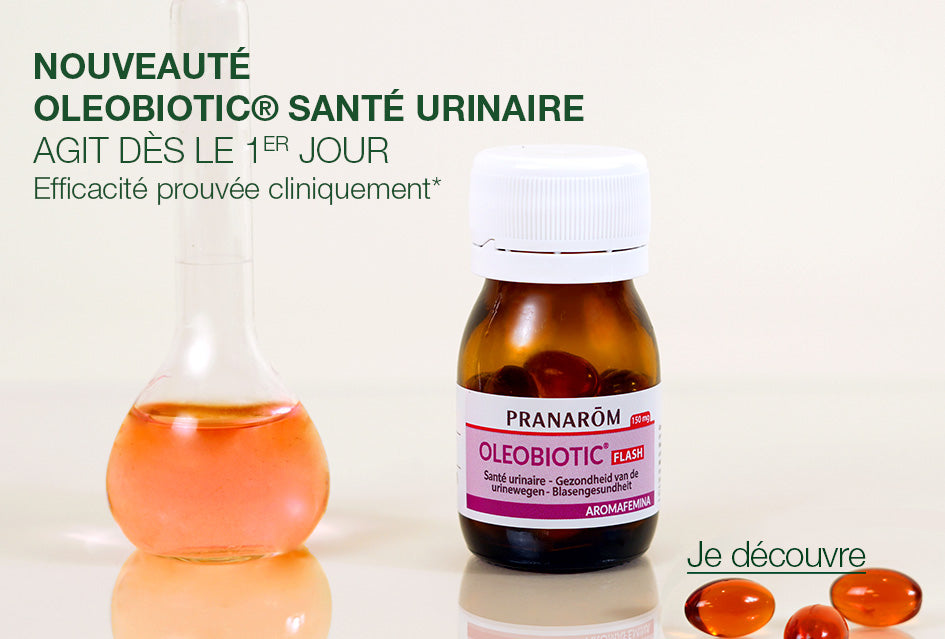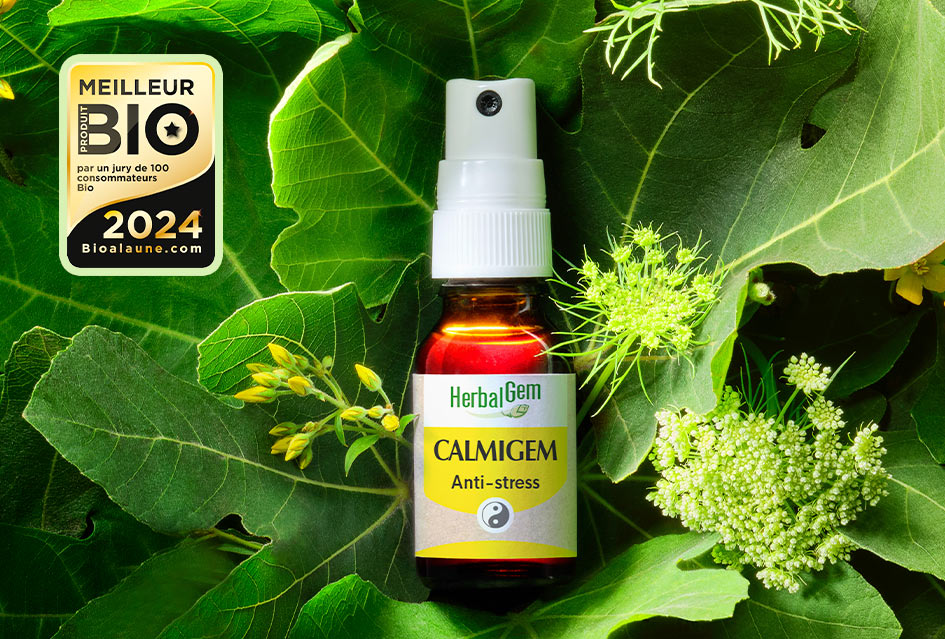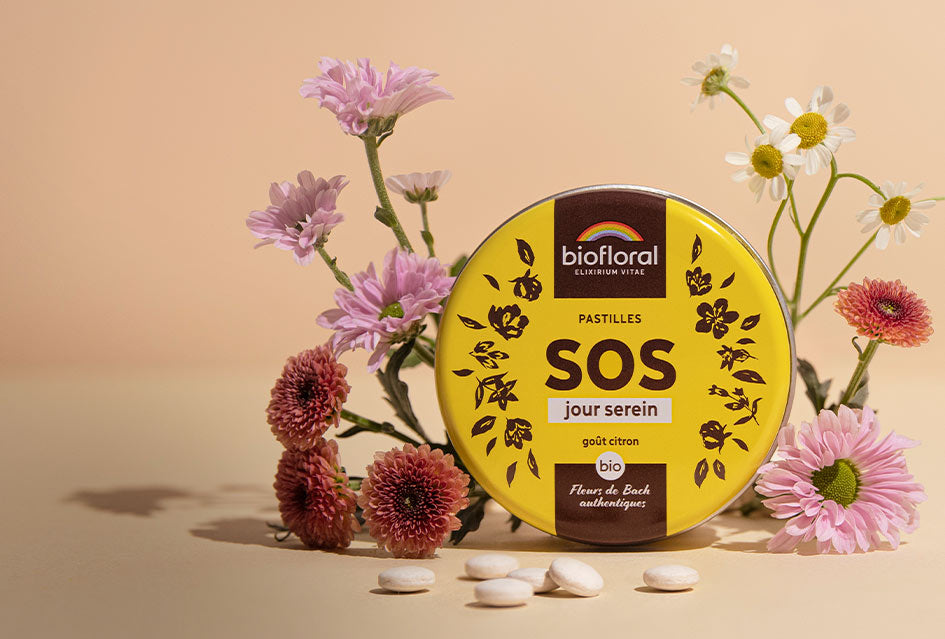Scientific research
Research and development at Pranarôm is the beating heart of the laboratory. Since the origins, it is here that both the solid foundation of product quality and the future of Pranarôm therapeutic ranges have been at stake.
Pubmed, the largest search engine for scientific articles in the world, lists more than 25,000 works carried out on or with essential oils. 90% of them are under 20 years old. Scientific research around aromatherapy is experiencing rapid growth and every day provides new evidence of its effectiveness, or new directions to find promising solutions to sometimes very complex health problems, such as the treatment of cancer or bacterial resistance. to antibiotics.
One objective: to provide tangible evidence of the action of essential oils
Pranarôm is one of the pioneers in research on essential oils. Abdesselam Zhiri, research director at Pranarôm, remembers: “In the 1990s, there was a lack of evidence of the therapeutic, clinical and pharmacological activities of essential oils. To be credible, we have given ourselves all the means to scientifically prove the action of essential oils, in terms of their biological properties and their therapeutic indications.”
Permanent research work at Pranarôm
There is no shortage of areas of work. Pranarôm has one of the most comprehensive databases on scientific research on essential oils and aromatherapy:
50,000 scientific publications, more than a thousand works and summary manuals, encyclopedias of traditional herbal medicines, the main standards and current standards.
The laboratory develops partnerships and more than forty collaborations with the scientific and academic world. He launches numerous research projects and supervises theses. Pranarôm is interested in many subjects:
- the biological activities of essential oils to decipher their properties and indications;
- the mechanisms of action of essential oils to explain how they work;
- the effectiveness of essential oils to demonstrate their interest, via tests, surveys and clinical studies carried out in collaboration with hospitals and nursing homes.
Pranarôm also undertakes extensive research into the toxicity of essential oils, to ensure their safety of use, going so far as to establish genetic toxicity tests in collaboration with Spanish, French and Moroccan universities.
Beyond human health, Pranarôm research is also interested in animal health, and even agronomy and agriculture, in partnership with companies in the field of agrobiotechnology, to find environmentally friendly alternatives. the environment with standard herbicides and pesticides.
An exciting and stimulating research context
The staggering figures for the counter of publications and ongoing research on essential oils are combined with palpable enthusiasm from researchers.
Pascal Debauche, doctor of science, notes for example the dazzling action and a “disconcerting ease” Tea Tree oil on H1N1, “at a concentration of 0.0006%” , he specifies, “and it’s not even the most powerful!”
Dominique Baudoux cites recent work in antibiotic therapy: the combination of an antibiotic and an essential oil has overcome resistant bacteria. “We should not be overly surprised by a future reality of some Nobel Prize awarded to a research team manipulating essential oils,” he projects.
In this stimulating context, Pranarôm continues its quest every day towards new areas of application for its products, and publishes the results of its work in renowned international journals, to continue to help as many patients as possible.


